What effect does CoQ10 supplementation have on athletic performance and on recovery from strenuous exercise? Can Coenzyme Q10 make a difference in performance and/or recovery?

Regular exercise promotes better health. Strenuous exercise can increase the risk of damage to muscles and kidneys and liver. Higher plasma Coenzyme Q10 concentrations are associated with better athletic performance and less damage to muscles, kidneys, and liver.
Researchers selected 16 relevant studies for review. The CoQ10 dosage used in the studies ranged from 30 to 300 mg/day. The duration of the CoQ10 supplementation ranged from two weeks to two months [Santos 2023].
Of the 16 studies, 14 enrolled only male athletes [Santos 2023]. The sports events included:
- climbing
- cross-country skiing
- cycling
- ice hockey
- martial arts and fights
- rugby
- running
- swimming
- tennis
- triathlon
Coenzyme Q10 Supplementation in Athletes
Compared to placebo, CoQ10 supplementation was associated with the statistically significant beneficial outcomes in biochemical and performance biomarkers in athletes over the age of 17 years [Santos 2023]:
- a decrease in oxidative stress biomarkers followed by an increase in antioxidant capacity
- a decrease in liver damage biomarkers
- a reduction in fatigue indicators
- an increase in anaerobic performance indicators
Moreover, the systematic review results showed no harmful effects and no damage in the following areas following supplementation of athletes with Coenzyme Q10 [Santos 2023]:
- no changes in lipid profile (free fatty acids, phospholipids, triglycerides, and total cholesterol)
- no changes in blood glucose levels
- no changes in markers of kidney damage
Plasma and Muscle CoQ10 Concentrations
In any study of Coenzyme Q10 and physical performance, three things should be kept in mind [Drobnic 2022]:
- The concentration of Coenzyme Q10 varies in different organelles and tissues. Higher plasma CoQ10 concentrations may not correlate with higher muscle CoQ10 concentrations.
- Strenuous physical work, oxidative stress, and illness can cause a reduction in plasma CoQ10 levels.
- At the muscle level, young athletes have a higher concentration of Coenzyme Q10: 118 mg/L compared to 92 mg/L in older athletes in tests.
Coenzyme Q10 and Performance in Professional Football (Soccer)
Sánchez-Cuesta et al [2020] spent two seasons observing and testing professional soccer players for the Athletic Club Bilbao team in the first division of the Spanish football league. The data that the researchers collected has shown beneficial outcomes of higher plasma CoQ10 concentrations:
- less muscle damage as shown in lower creatine kinase concentrations
- less kidney damage as shown in lower uric acid concentrations
- less stress as shown in lower cortisol concentrations
- greater physical capacity as shown in video analyses of running speeds and distances run
Cessation of CoQ10 Supplementation – What Happens?
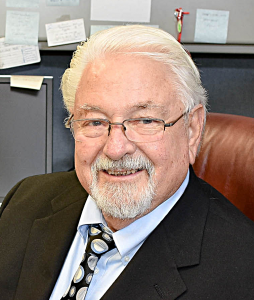
In his book Coenzyme Q10: An Insider’s Guide, Dr. William Judy has emphasized the importance of taking a CoQ10 supplement that has documented absorption and clinical effects. His book — ISBN 978-87-7776-186-7 — is available from amazon.com.
In a cross-over study of chronic fatigue syndrome patients, Judy and Folkers [1993] observed the following beneficial effects of the six-month CoQ10 treatment compared to the six-month placebo treatment:
- Both plasma and leg muscle tissue CoQ10 levels increased significantly.
- Exercise time increased significantly.
- Recovery time increased significantly.
- Plasma CoQ10 concentrations returned to baseline levels following the cessation of CoQ10 supplementation.
Conclusions: Coenzyme Q10 and Athletic Performance
The 2023 systematic review of 16 sports studies concluded that orally administered Coenzyme Q10 (30–300 mg-day) can potentiate plasma antioxidant activity and anaerobic performance and can reduce blood biomarkers of liver damage in athletes aged 17 years old and older [Santos 2023].
The 2020 soccer study showed that higher plasma CoQ10 concentrations were associated with less muscle and kidney damage, less stress, and higher performance levels [Sánchez-Cuesta 2020].
The study by Judy and Folkers showed that supplementation with Coenzyme Q10 improves exercise performance and recovery and does not adversely affect the body’s own synthesis of Coenzyme Q10 [Judy & Folkers 1993].
Sources
Drobnic F, Lizarraga MA, Caballero-García A, Cordova A. Coenzyme Q10 supplementation and its impact on exercise and sport performance in humans: a recovery or a performance-enhancing molecule? Nutrients. 2022 Apr 26;14(9):1811.
Judy, W. V. & Folkers, K. (1993). Management of chronic fatigue syndrome patients with CoQ10. 8th. Intl. Symp. Biomed. and Clin. Aspects of CoQ, 55.
Sánchez-Cuesta A, Cortés-Rodríguez AB, Navas-Enamorado I, Lekue JA, Viar T, Axpe M, Navas P, López-Lluch G. High coenzyme Q10 plasma levels improve stress and damage markers in professional soccer players during competition. Int J Vitam Nutr Res. 2022 Jul;92(3-4):192-203.
Santos de Sousa Fernandes M at al. Coenzyme Q10 supplementation in athletes: a systematic review. Nutrients. 2023;15:3990.
The information presented in this review article is not intended as medical advice and should not be used as such.




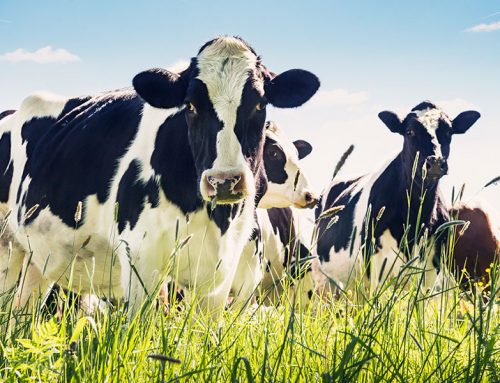

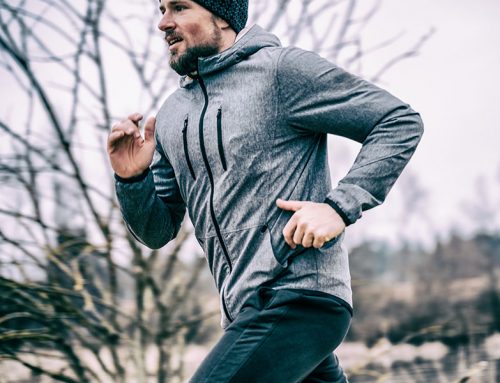
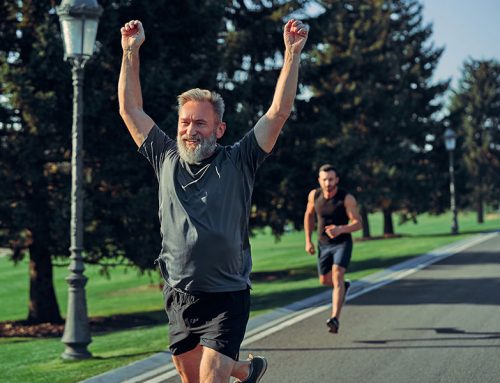
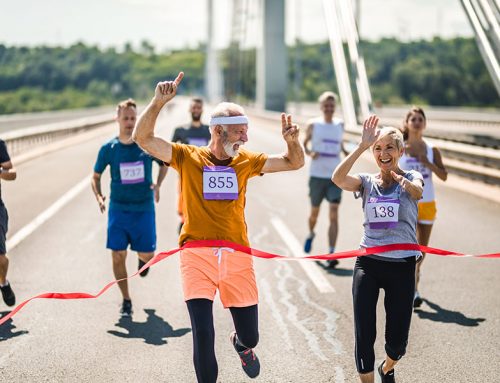
This is very interesting. Thank you Richard.
Hi Emil,
I will look forward to hearing about your experiences with the CoQ10 supplementation. We need more studies to show conclusively whether CoQ10 supplementation helps more with recovery than it does with performance, or vice versa, and whether CoQ10 supplementation is better with endurance exercise than it is with strength exercise. In the end, these questions are moot. The main thing is that the CoQ10 supplementation should help improve performance and recovery.
All the best in 2024,
Richard